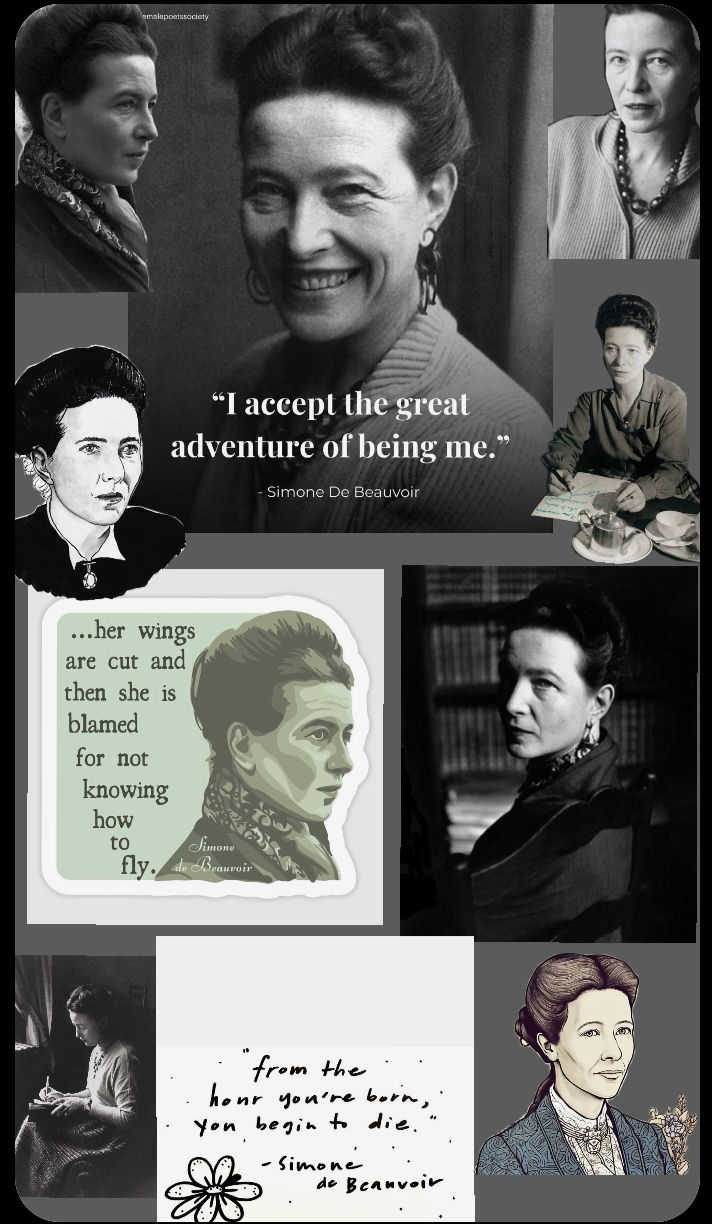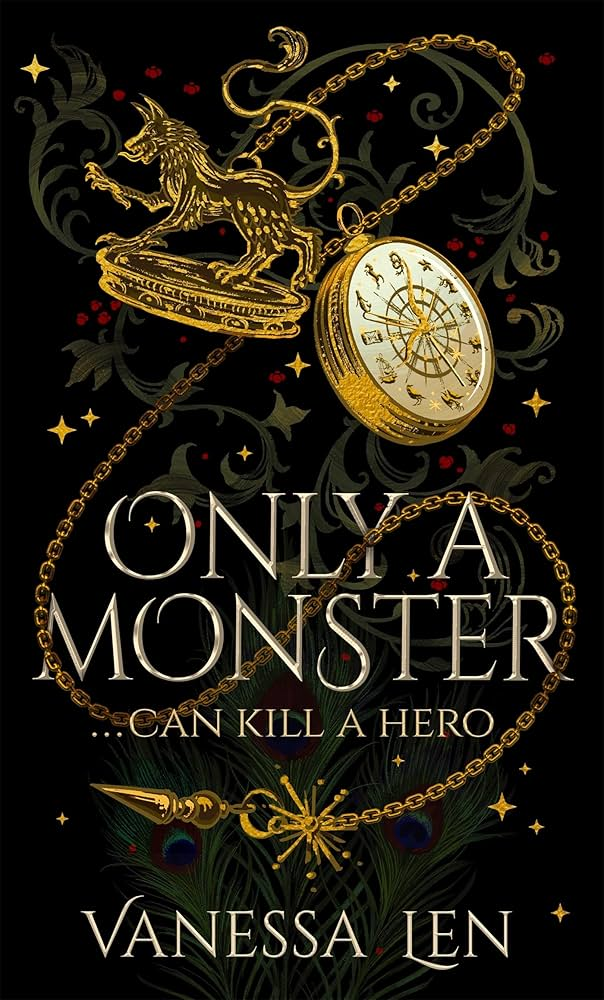LITERATURE ON WAR
- thebookclubknc
- Oct 29, 2023
- 3 min read
By- Vridhi Jain

“There is no war that will end all wars…war breeds war” by Haruki Murakami
War, with its brutality, chaos, and casualties has been a recurring theme in literature throughout human history. Authors, poets, and playwrights have employed the medium of literature to explore the effects of war, not only regarding those responsible, those who witness or those who fall victim but also the generations to come, highlighting the long lasting repercussions of war.
Various authors and poets such as Leo Tolstoy, Khaled Husseini, W. H. Auden and many more have tried to write on the significance of literature on war and particularly shedding light on the human psyche and the societal implications of war.
As well all know the two world wars had left black blotch in the history of the world as the consequences were faced worldwide. But various other moments in history where the matters of language, religion, territory and power come into play enables the people in the position to declare war and battle against the proclaimed ‘Other’. Mahmoud Darwish rightly once said, “I don’t know who sold our homeland. But I know who paid the prize.”
One of the touching and realistic novels is Erich Maria Remarque's All Quiet on the Western Front. The novel provides a vivid portrayal of the physical and psychological traumas experienced by soldiers during World War I, highlighting the futility and senselessness of war. But the book was banned for its anti-war propaganda and the soldiers in a few European countries were forbidden from reading it. This goes to show how the idea of patriotism and hate against the Other can turn real bitter and the cost is to be paid heavily. Freedom of speech and freedom to dissent is thus in various ways violated.
Furthermore, Margaret Atwood's The Handmaid's Tale can be seen as an extension of the same genre where a dystopian narrative is used to explore the consequences of a theocratic regime's war on women's rights and freedoms.
A few other examples of novels that deal with the themes of war are Leo Tolstoy's War and Peace. Tolstoy addresses many philosophical and moral dimensions of war during the Napoleonic era. The novel delves into questions of duty, honor, and the justifiability of violence, prompting readers to ponder the moral choices made by individuals in extreme circumstances.
Another important aspect of literature on war is its potential to serve as a tool for healing and catharsis. Many veterans and survivors of war have turned to writing as a means to process their traumatic experiences and find solace. Tim O'Brien's The Things They Carried is a collection of semi-autobiographical stories that explore the emotional and psychological burdens carried by soldiers during the Vietnam War.
This genre has also resulted in some experimentation in the form such as The Handmaid's Tale and in recent times has led to offer some fresh perspectives. Slaughterhouse-Five by Kurt Vonnegut is a blend of science fiction and war narrative. The Yellow Birds by Kevin Powers is a contemporary novel that reflects on the Iraq War and the experiences of a young soldier. Train to Pakistan by Khushwant Singh deals with the partition war and it affected even the seemingly unaffected small village situated in a fictional geographical locale.
Moreover, literature on war often transcends national and temporal boundaries, offering readers a chance to connect with the experiences of people from different times and places. From Homer's The Iliad, an epic poem about the Trojan War, to contemporary works like Khaled Hosseini's The Kite Runner, which explores the impact of conflict in Afghanistan, literature bridges the gap between cultures and histories, fostering empathy and understanding.
In light of the recent brutalities going on in Gaza where around 7000 civilians have been declared dead including 3000 innocent children, with the third war just around the corner, we need to think, act and react vigorously. In a world where war continues to shape the course of history, the importance of literature on war in fostering understanding and empathy cannot be overstated.






Comments